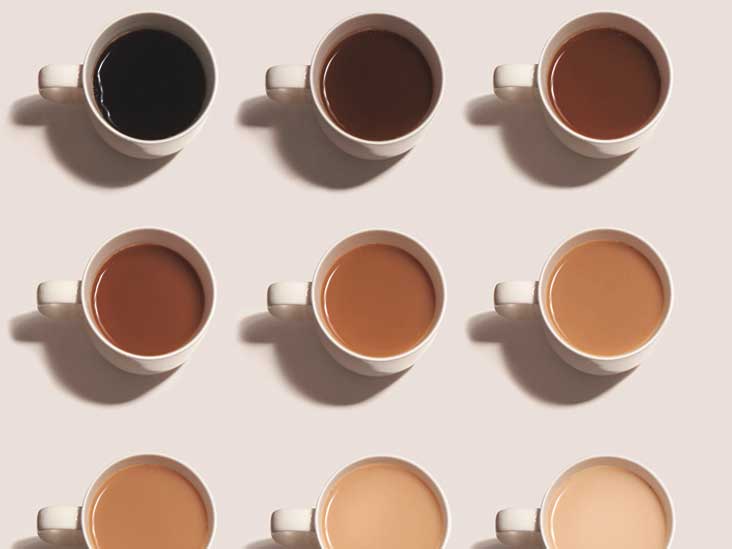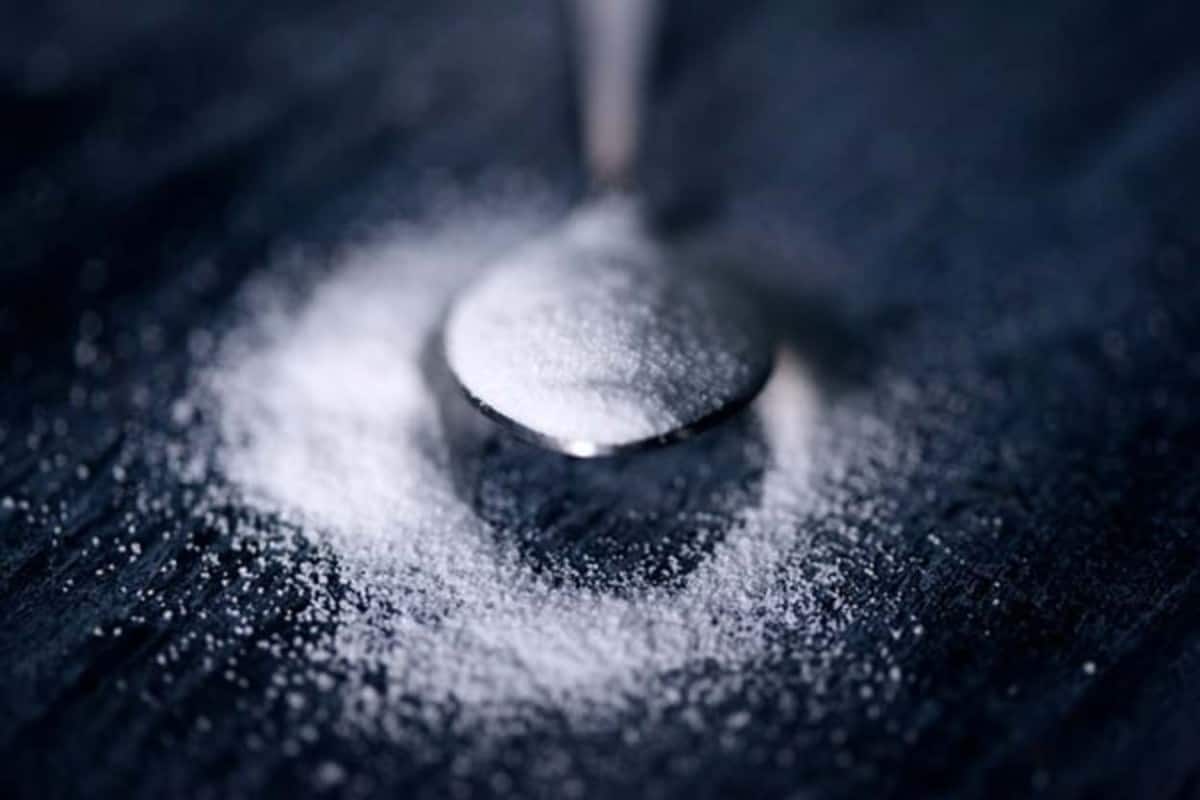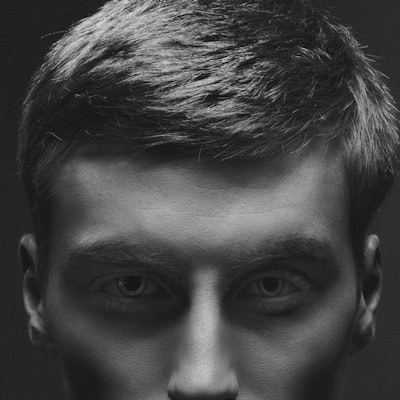Is Caffeine Addicts Anonymous for You? - MEL Magazine - Questions

Some Known Facts About Caffeine - Alcohol and Drug Foundation.
What is caffeine? Caffeine is the stimulant in your coffee, tea, chocolate and soda that reduces fatigue, increases alertness and gives you an increase of energy. It can likewise cause sleeping disorders, headaches, dehydration and high blood pressure, if you're not mindful. For many, caffeine is a tool to assist them get up, perk up and focus.

Caffeine: Effects, Risks, and How to Get Help
Caffeine is a white, bitter substance that's found naturally in over 60 plants, including coffee beans, tea leaves and cacao pods that are utilized to make chocolate. The U.S. Fda (FDA) thinks about caffeine to be both a food additive and a drug. The quantity of caffeine in your food and drink varies.

Overcome Caffeine Addiction - Hypnosis Downloads
Coffee can have just two milligrams of caffeine (decaf coffee) per cup, and as much as 200 milligrams per cup. Your typical tea has about 40 milligrams of caffeine, but it can vary from 9 to 110 milligrams. Twelve ounces of soda pop/soft drink generally has 30 to 60 milligrams of caffeine.
What impact does caffeine have on the body? Caffeine enters your blood stream from your stomach and small intestine. Once in your bloodstream, caffeine promotes your main nervous system your nerves, brain and spine to make you feel more awake and alert. Caffeine minimizes fatigue and enhances focus and concentration.
Not known Factual Statements About Caffeine Addiction And Abuse - Get Help Today - Rehab Spot
When you drink or eat caffeine, the dopamine signaling in your brain is boosted. Dopamine is a chemical that aids with managing motivation, feelings and motion. You feel more alert and awake when the signaling boosts. How much caffeine is too much? The typical American adult consumes 200 mg of caffeine a day.

Ways to Beat Caffeine Addiction And improve well being- Woman's Era - DailyHunt
Taking in as much as 400 mg or four cups of coffee does not trigger problems for the majority of people. However, caffeine impacts individuals differently, depending upon their size, gender and sensitivity to it. If you're delicate to caffeine, even moderate amounts can cause sleeping disorders (problem sleeping), quick heart rate, stress and anxiety and sensations of uneasyness.

What are the symptoms of having too much caffeine? Symptoms of having excessive caffeine might include: Headache, nervousness, dizziness. Having "the jitters" or feeling shaky. Insomnia or sleep that is "on and off" throughout the night. Racing heart or unusual heart beat. Boost in blood pressure. Caffeine Addiction Help . Who should avoid caffeine? It's not safe for everyone to have caffeine in their diet.
